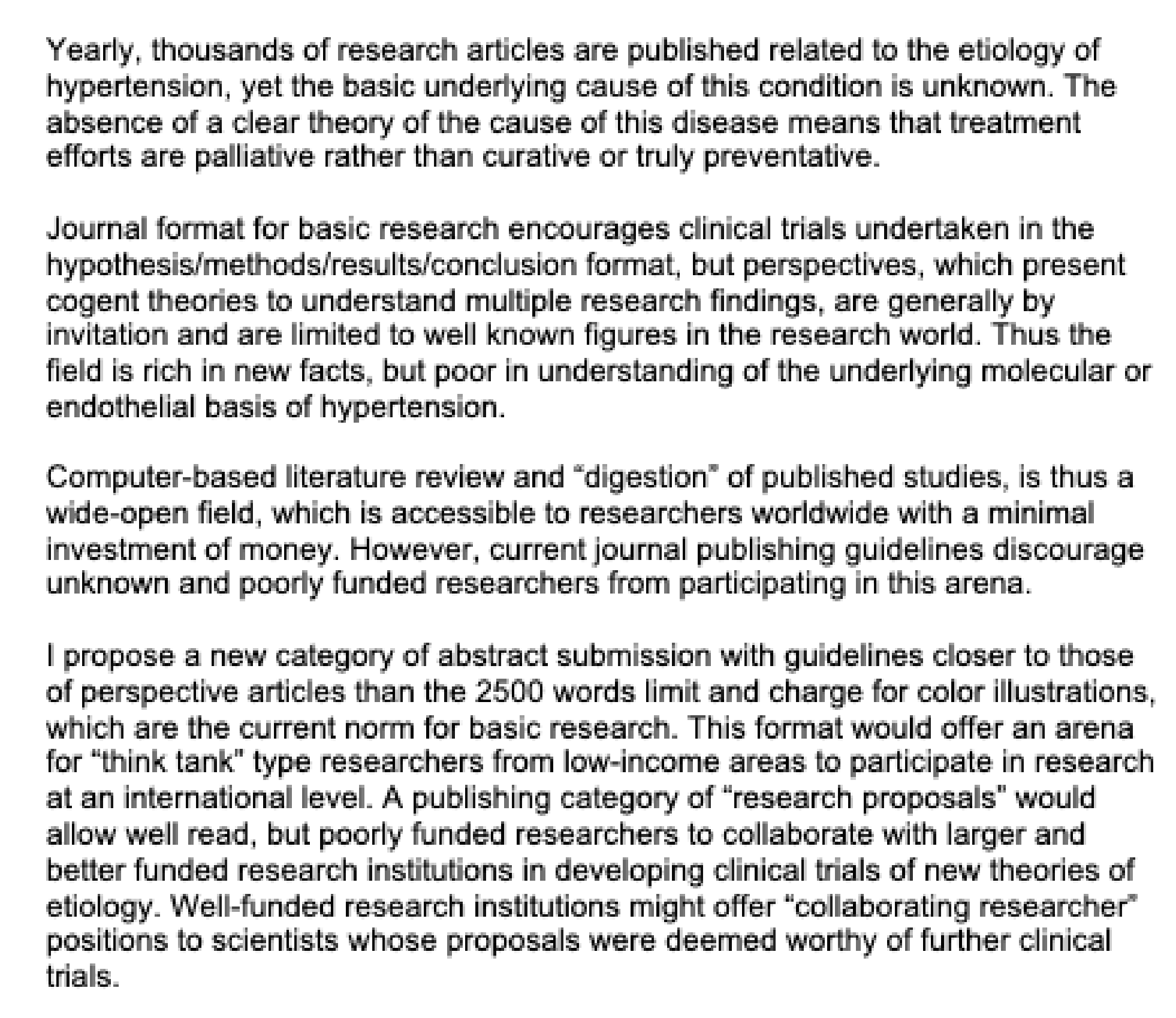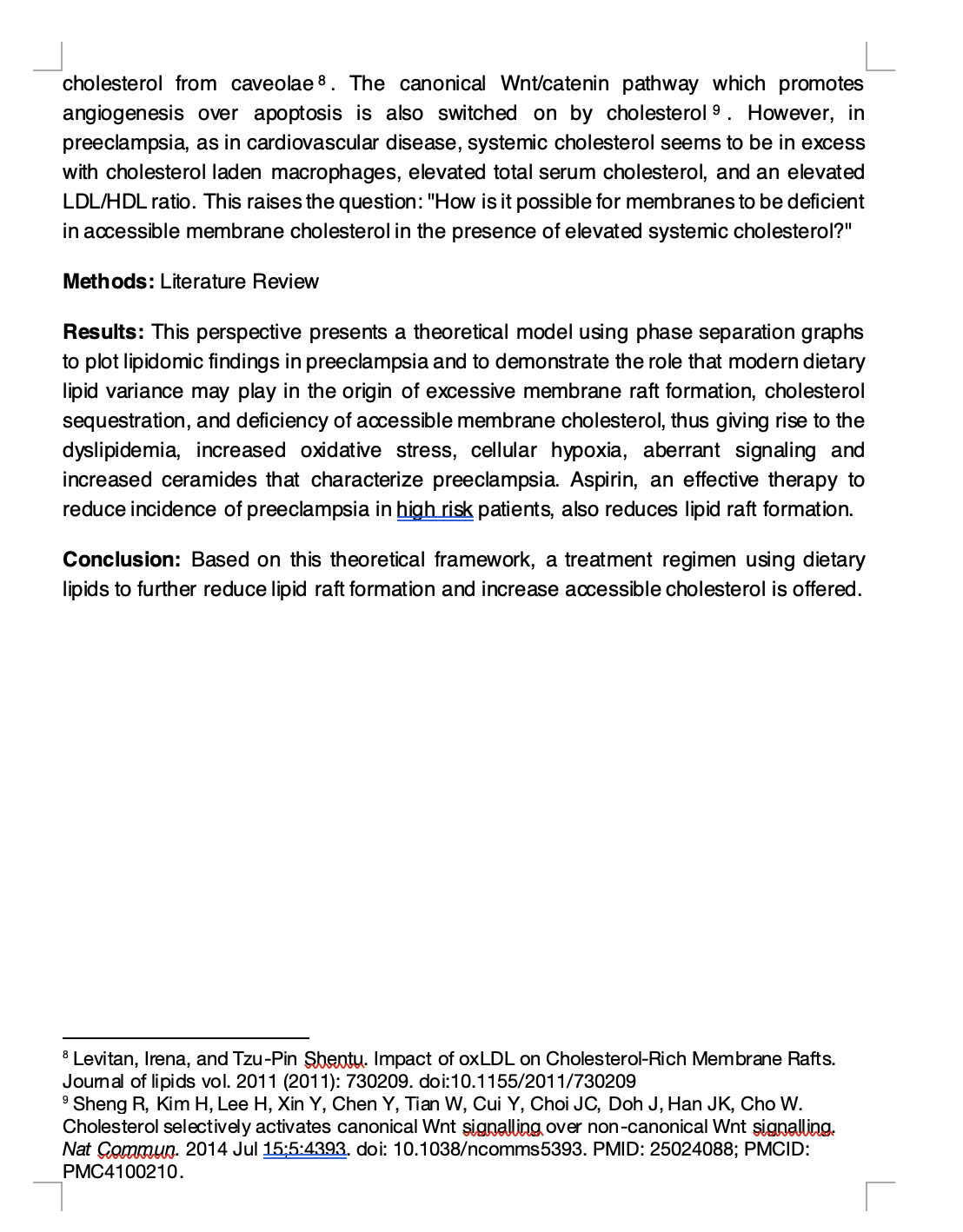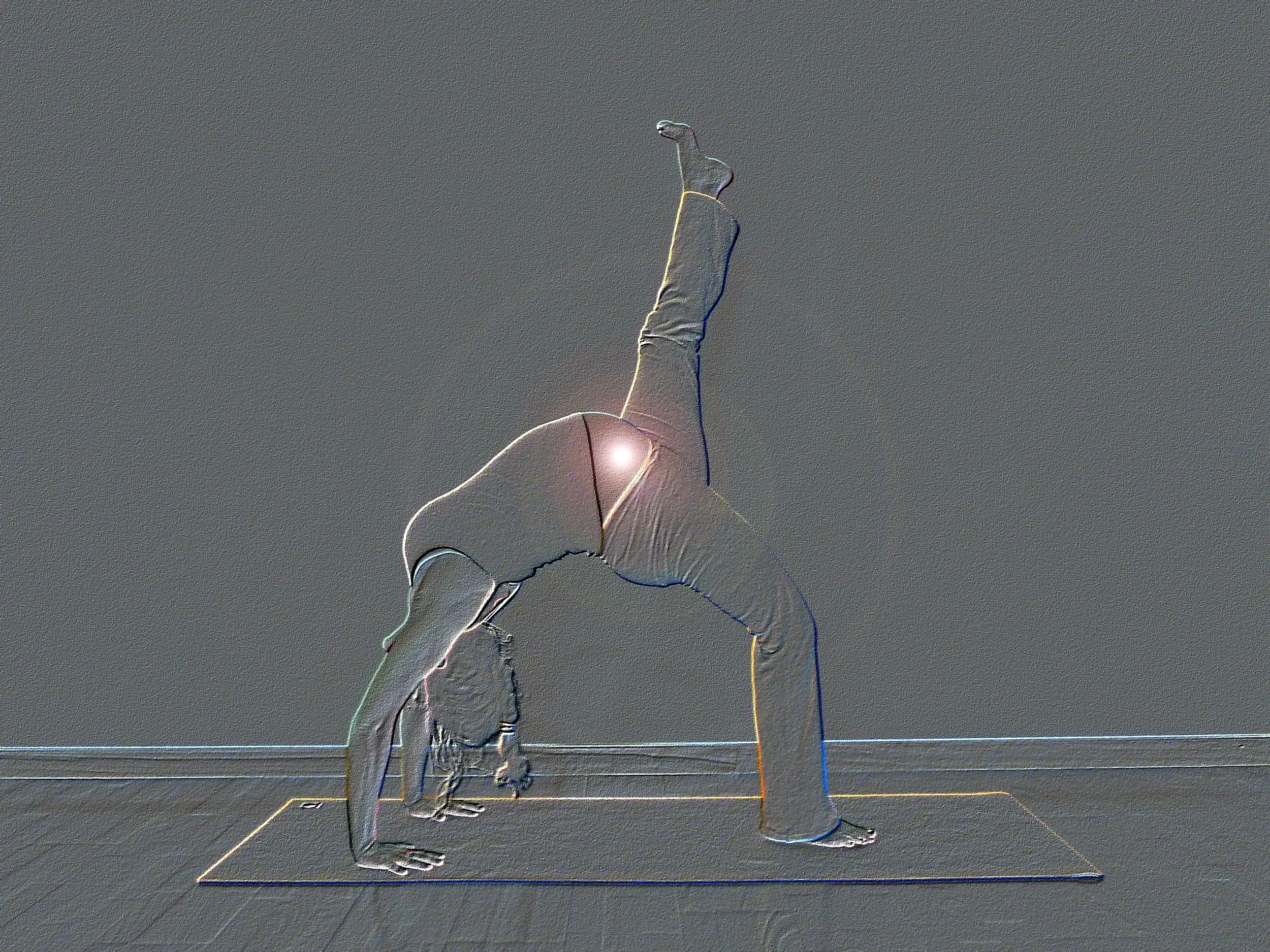We integrate clinical medicine, nutritional studies, epidemiology, and membrane biophysics to develop a molecular level understanding and treatment of preeclampsia.
Preeclampsia
How can an apparently healthy pregnant person develop multi organ failure in only a few days with high blood pressure, seizures, blindness, liver and kidney failure, yet recover quickly after delivery? Why do those affected have an increased lifetime risk of cardiovascular disease? Because preeclampsia of pregnancy has such rapid onset and resolution, it has been used as a model of cardiovascular disease, offering a time lapse view of disease development.
In common with many other diseases which have increased in incidence with economic development, preeclampsia is characterized by dyslipidemia, cellular hypoxia, oxidative stress, inflammation, immune dysfunction, increased ceramides, abnormalities of cholesterol signaling, membrane raft dysfunction, autoantibodies, and protein misfolding.
Balance Research believes these pathophysiologic elements may arise from changes in basic cell membrane biophysics, especially in the cells lining blood vessels (endothelial cells). The optimal behavior of these membranes is dependent not only on their biochemical composition, but also on biophysical characteristics such as viscosity and permeability. Diet and membrane modifying environmental agents such as PFAS change the biophysical attributes of these membranes in ways which may explain the pathological processes of preeclampsia and other diseases.
What an empowering yet humbling thought! Changes in a mother’s diet may reduce her chance of developing preeclampsia during pregnancy and the chance of later cardiovascular disease for both herself and her children.
People
Balance Research Director and Board President
As a medical student in 1979, my first encounter with the pregnancy disease preeclampsia sparked a fascination which endures today. How could those with preeclampsia so quickly develop pathology almost identical to that of chronic hypertension of thirty years duration, yet resolve completely within days of delivery? Later, after decades of obstetric practice and assisting at several thousand deliveries as a board certified obstetrician, I began to notice a correlation between maternal dietary patterns and the risk of preeclampsia. My deep dive into preeclampsia research began in 2003 when a patient who developed severe preeclampsia thirteen weeks before her due date agreed to carefully follow some unusual dietary advice that I suggested. I was astounded when her very high blood pressure readings returned to normal and liver, kidney, and neurological involvement completely resolved. How exciting when eight weeks later a healthy baby girl was born who was able to return home with her mother soon after delivery. My astonishment at this unusual improvement inspired me to investigate the connections between dietary lipids and the pathophysiology of preeclampsia.
Integrating the epidemiological, biochemical, metabolomic, dietary, and clinical findings of other researchers allowed me to produce a model showing how variations in dietary lipids might affect the lining of maternal blood vessels (endothelium) and formation of the placenta in ways that produce the symptoms of preeclampsia. Because the endothelial lining is directly involved in a variety of diseases such as Alzheimer’s Disease, chronic hypertension, and diabetes, I presented this model at international meetings of several areas of research including the International Society of Hypertension, International Society for Study of Hypertension in Pregnancy, and the International Alzheimer’s Association as well as basic science research groups such as the Deuel Lipid Conference, and Experimental Biology, a joint conference of the American Society for Biochemistry and Molecular Biology, American Physiological Society, American Society for Pharmacology and Experimental Therapeutics, American Association for Anatomy, and American Society for Investigative Pathology. I was honored to give presentations to the online seminar Zooming in on Preeclampsia sponsored by the Preeclampsia Foundation, the Mississippi Center for Clinical and Translational Research and Cardiovascular-Renal Research Center, and the University of Mississippi Medical Center and the University of Mississippi.
Based on this research, our team is developing a study protocol to treat preeclampsia with dietary lipids. Our goal is to inspire a clinical research group to collaborate in testing this protocol in clinical trials.
Board of Directors
Adrienne Stewart CPA, ABV
Balance Research Treasurer
Advisers
Janice Hall PhD. Biomedical Engineer
Maternal Beats, LLC
Community Advisory Board Southern Center for Maternal Health Equity
Andrea Loewendorf PhD. Immunology
ImmunoVENtion LLC
Sarah Thompson
Functional Maternity
Functional Medicine and Nutrition Specialist, Doula, Traditional Chinese Medicine
Research Meetings
2010 Vancouver BC, Canada- International Society of Hypertension
Poster “DOXSA and Preeclampsia”
2012 Sydney, Australia- International Society of Hypertension
Posters
“Diet Induced Variations in Endothelial Membrane Composition as the Etiology of Autoimmunity in Preeclampsia”
“Impaired Membrane Homeoviscosity in Diseases which Accompany Economic Development and are Characterized by Dyslipidemia, Cellular Hypoxia, Oxidative Stress, Inflammation, and Autoimmunity”
“Maternal and Fetal Homeoviscosity Requirements, Disruption of Maternal Caveolae, and Impairment of Endothelial Nitric Oxide Synthase Function in Preeclampsia”
“Diet Induced Endothelial Stiffness, Cellular Hypoxia, and Abnormal Angiogenic Signaling in Preeclampsia”
“Diet Induced Endothelial Stiffness, Mechanotransduction, and Essential Hypertension”
“Diet Induced Variations in Mitochondrial Membrane Composition as an Etiology of Oxidative Stress in Essential Hypertension and Preeclampsia”
Breakfast Conference: Research on a Shoestring– Research Proposal
2021Experimental Biology
(Joint Meetings of APS, ASBMB, ASPET, ASIP, AAA)
Oral Presentation “What Should I Eat to Maintain Lipid Rafts and Avoid Disease?”
2022 Zooming in on Preeclampsia Online Seminar
Oral Presentation “Proposal: Lipid Raft Therapy for Preeclampsia”
2023 Bellingham, WA, USA Women’s Health Grand Rounds Online
“Let’s End Preeclampsia Without Drugs” (Featured online presentation)
2012 Geneva, Switzerland– International Society for Study of Hypertension in Pregnancy (ISSHP)
Oral Presentation
“The Origin of Preeclampsia in Diet Induced Endothelial Stiffness”
Poster
“Maternal and fetal homeoviscosity requirements, disruption of maternal caveolae, and impairment of endothelial nitric oxide synthase function in preeclampsia”
2012 Vancouver, BC, Canada- Alzheimer Association International Conference
Poster accepted (but not presented) “Diet induced membrane stiffness offers a unifying molecular and cell membrane-based model for the pathophysiological changes of Alzheimer’s Disease”
2014 New Orleans, USA- International Society for Study of Hypertension in Pregnancy (ISSHP)
Poster- “Lipidomics and Preeclampsia, Discerning Meaningful Patterns”
2022 Marseilles, France- International Society for Study of Hypertension in Pregnancy
Poster (Accepted but not presented) “Preeclampsia’s Cholesterol Paradox”
2022 Monterey, CA, USA – ASBMB Deuel Lipid Conference
Poster “Accessible Cholesterol versus Foam Cells, Using Phase Separation Graphs of Lipidomic Data and Dietary Lipids to Unravel the Cholesterol Paradox in Preeclampsia”
2022 Philadelphia, PA, USA- Experimental Biology 2022
Poster “Dietary lipid variance, oxysterols and soluble endoglin in preeclampsia”
2024 Zooming in on Preeclampsia Online Seminar
Oral Presentation “Transplacental Oxygen Diffusion, HIF, & the Effects of Membrane Composition”
2025 ASBMB Deuel Lipid Conference – Long Beach, CA, USA
Poster “Dietary lipids and the molecular mechanisms of cellular hypoxia”
Want to Know More?
https://www.frontiersin.org/journals/molecular-biosciences/articles/10.3389/fmolb.2023.1173030/full
https://www.mdpi.com/2218-273X/14/6/691
Let’s End Preeclampsia– Without Drugs!
Make a donation
Support our mission by contributing today.





































